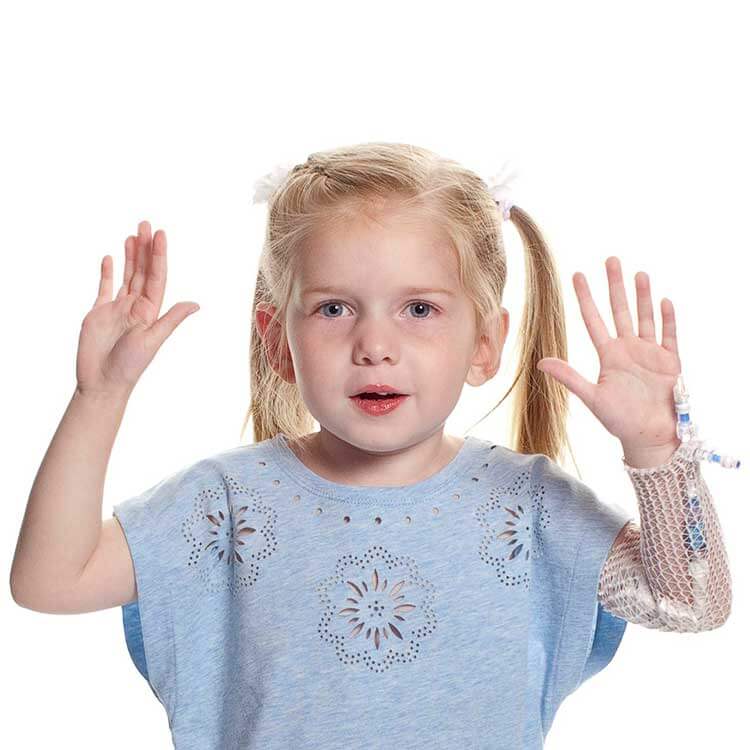Search
Research
Common mental disorders: missed opportunity for smoking prevention and cessationCommon mental disorders: missed opportunity for smoking prevention and cessation
Research
Evaluating Early Childhood Education and CareEvaluating Early Childhood Education and Care
Research
The role of dendritic cells and regulatory T cells in the regulation of allergic asthmaAirways hyperresponsiveness (AHR) is one of the major clinical features of allergic airways disease including allergic asthma
Research
Impact of scoliosis surgery on activities of daily living in females with Rett syndromeScoliosis is a common orthopaedic complication of Rett syndrome, and surgery is commonly used to reduce asymmetry in cases with severe scoliosis.
Research
Differentiating between childhood communication disorders: Implications for language and psychosocial outcomesDifferentiating between childhood communication disorders: Implications for language and psychosocial outcomes
Research
Autism and diagnostic substitution: Evidence from a study of adults with a history of developmental language disorderRates of diagnosis of autism have risen since 1980, raising the question of whether some children who previously had other diagnoses are now being diagnosed...
Research
Clustering of psychosocial symptoms in overweight childrenThe aims of the present study were to (i) examine the relationship between children's degree of adiposity and psychosocial functioning; and (ii) compare patterns of clustering of psychosocial measures between healthy weight and overweight/obese children.
Research
Interpretation of recent sudden infant death syndrome rates in Western AustraliaData for recent years show a shift away from a classification of 'SIDS' towards a classification of 'unascertainable', particularly for Aboriginal infants.
Research
Predictors of seizure onset in Rett syndromeInformation on presence and age at onset of seizures, perinatal and developmental history, and genetic status was abstracted on 275 cases in the Australian...

The Advancing Innovation in Respiratory (AIR) Health Team is a multi-disciplinary group with skills in clinical medicine, physiology, psychology, and in cellular and molecular biology, that are committed to improving the lives of children with respiratory diseases and their families.
